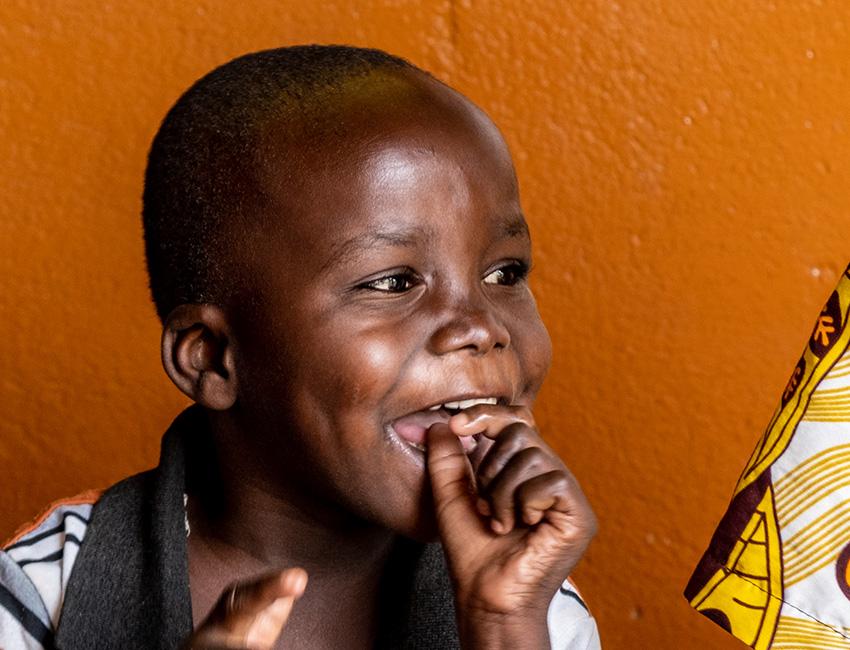
Humanitarian context
Despite the overall decline in armed clashes, security in some parts of the Central African Republic (CAR) remains highly volatile. More than half of the population continues to need humanitarian assistance in various areas, including 1.6 million people in need of nutritional assistance in 2022.
BENEFICIARIES
workers
Our activity
In the Central African Republic, Action against Hunger provides emergency support to populations affected by the crisis. We provide health care and food to children, pregnant women and nursing mothers in various regions. In Bangui and Alindao, we also provide psychological support to undernourished children and their caregivers.
In addition, we deliver basic household kits, with water and sanitation and hygiene products to those who have been displaced. We improve access to water and sanitation facilities, promoting hygiene practices in Alindao, Mingala and Nola. We also strengthen health centres. In the long term, we collaborate with the University Hospital of Paediatrics in Bangui and the University of Bangui to train health professionals in malnutrition. In Bossangoa, we support the Rural Agricultural Training Centre and the Ouham Beekeepers Cooperative to improve access to livelihoods.
WHERE WE HELP
We help 24.5 million people each year. We work in 55 countries in Africa, Asia, Latin America and Europe, those most threatened by hunger.
EYEWITNESSES
JEANETTE: "BEFORE, MY GRANDSON COULD NOT MOVE HIS LIMBS. TODAY, HE CAN WALK"
The Central African Republic is a small country in a critical situation caused by so many years of conflict. With many valuable natural resources, it is also one of the poorest countries in the world. The lives of millions of children across the country are threatened by continuing violence and lack of access to food, water and sanitation.
Dieubéni fell ill when he was just four months old. His mother had left and he had been left in the care of his grandmother, Jeanette. Dieubéni's feet and face swelled and he was too weak to walk. According to Jeannette, Dieubéni's grandmother: "I didn't know these were symptoms of malnutrition. I did not expect it. He couldn't use his arms and legs."
Jeannette, like many people, did not know that extreme hunger can prevent a child from walking. Some children may even have difficulty swallowing, making it difficult, if not impossible, for them to eat what little food they do have.
Dieubéni suffered from severe acute malnutrition, the deadliest form of hunger and the leading cause of preventable child deaths in CAR. Following the diagnosis, Dieubéni was immediately put on life-sustaining emergency treatment. After a series of nutrient-rich therapeutic foods, and with the support of rehabilitation specialists, Dieubéni improved day by day. "Before, my grandson could not move his limbs. Today, he can walk and even eat on his own. I am very happy about that," explains Jeannette.
